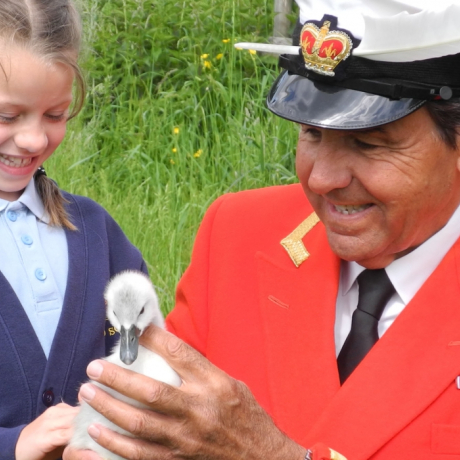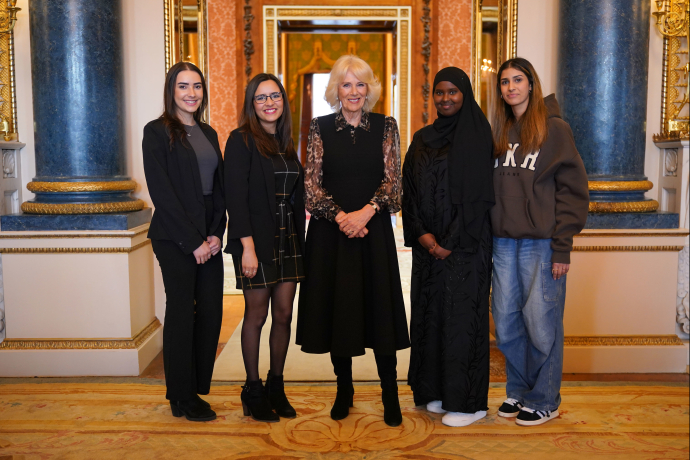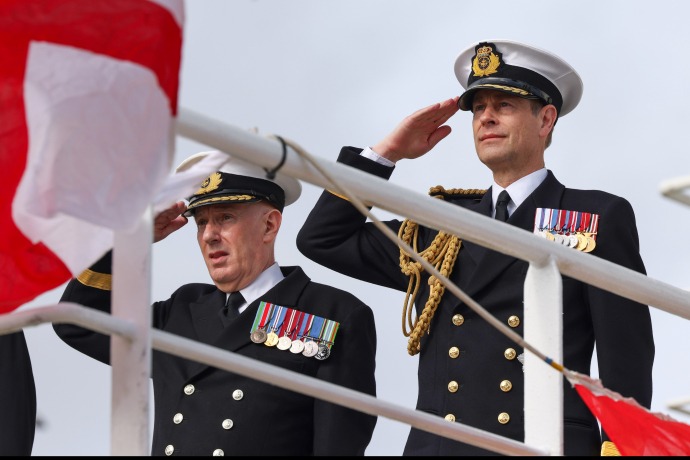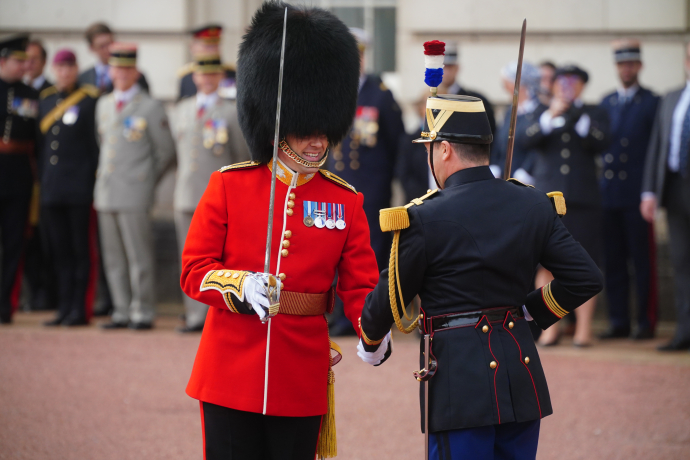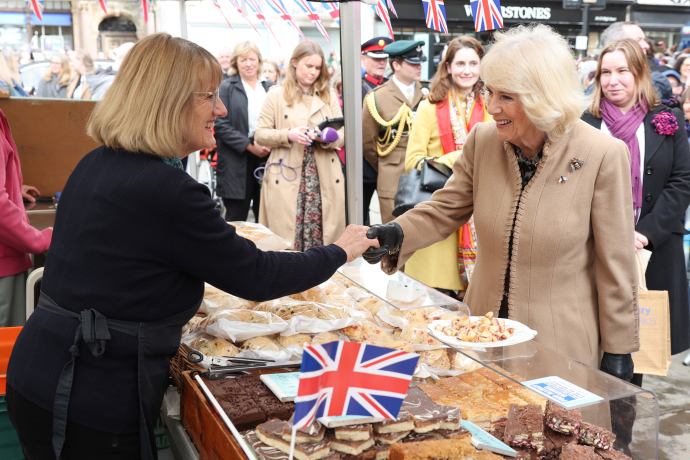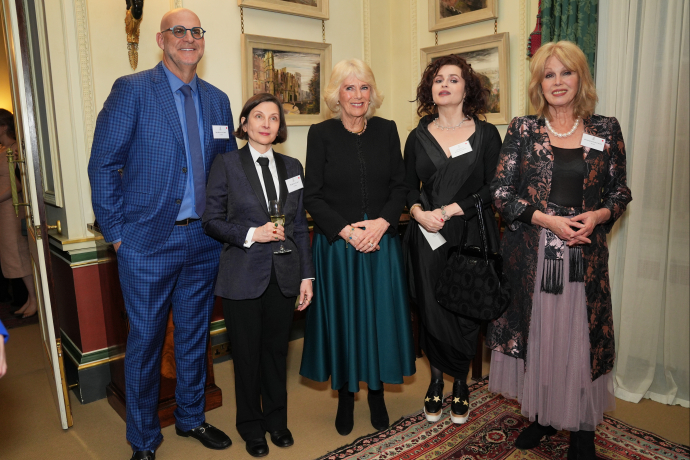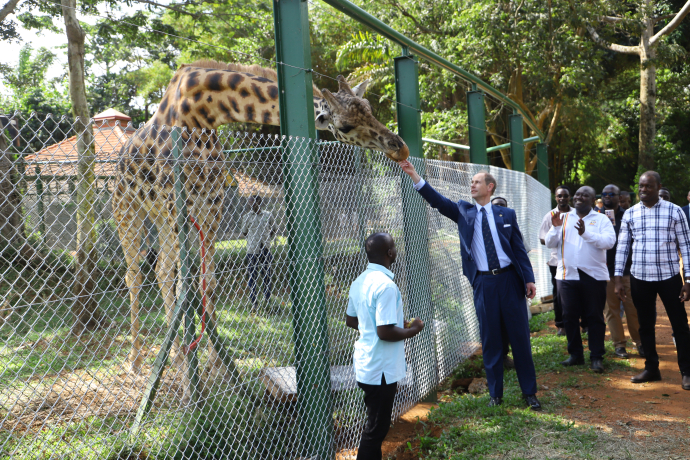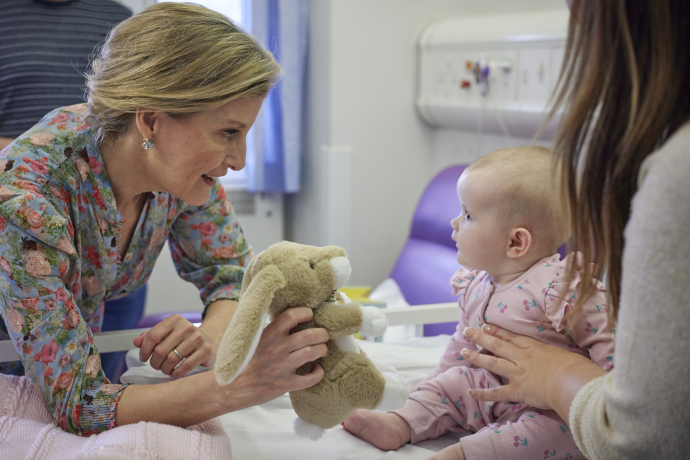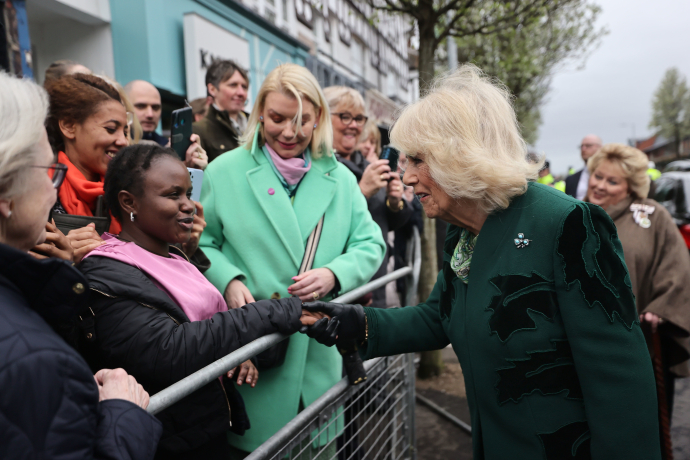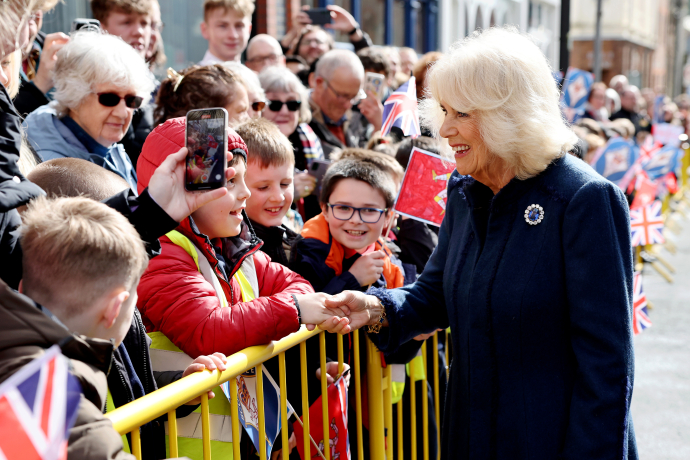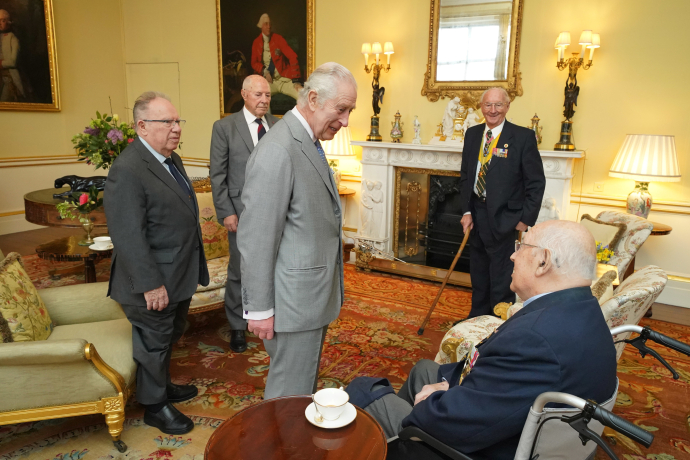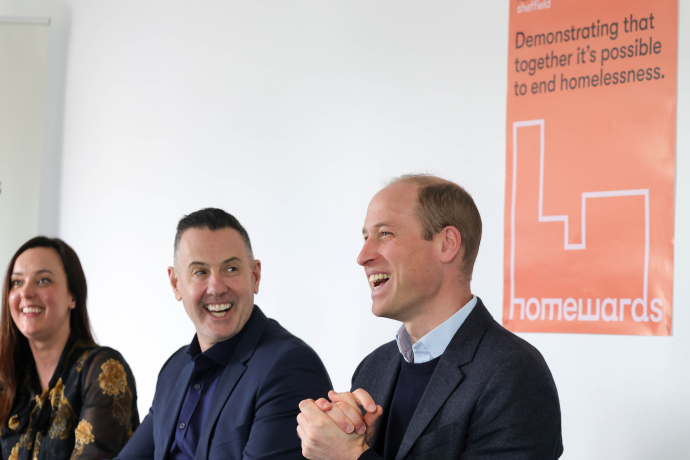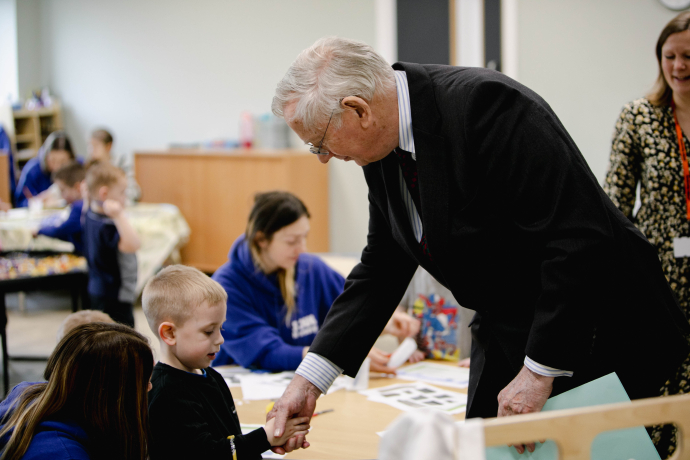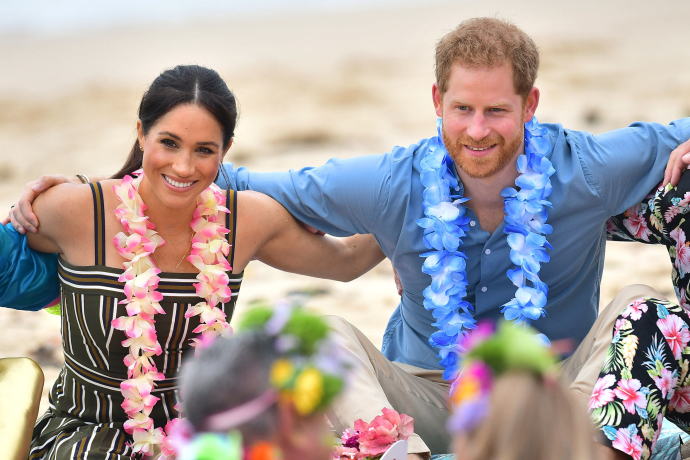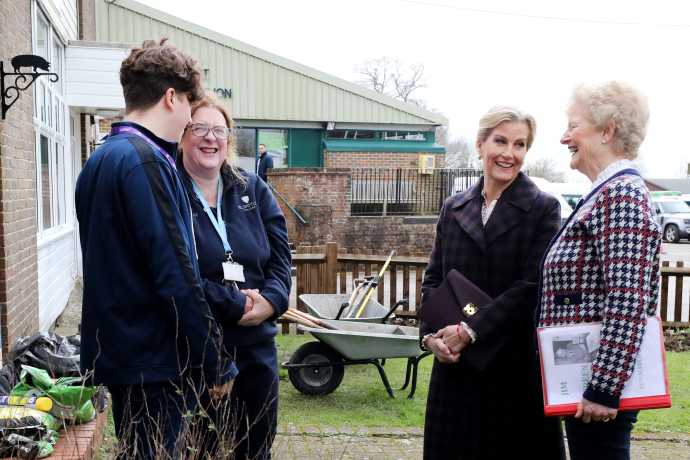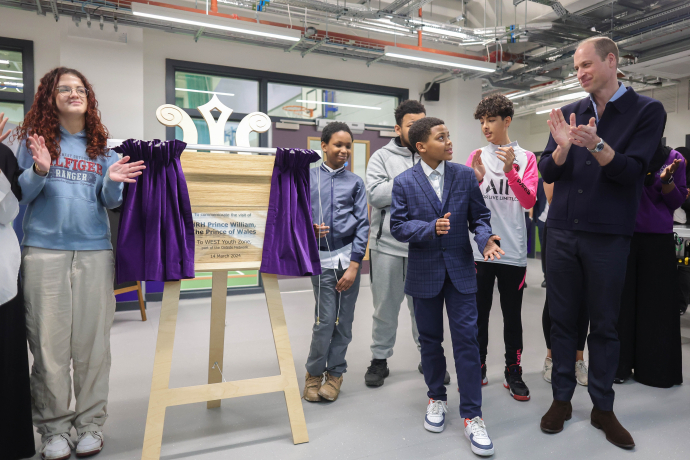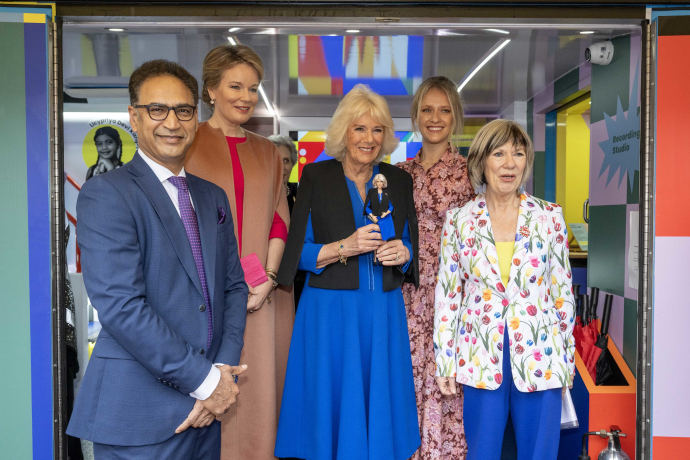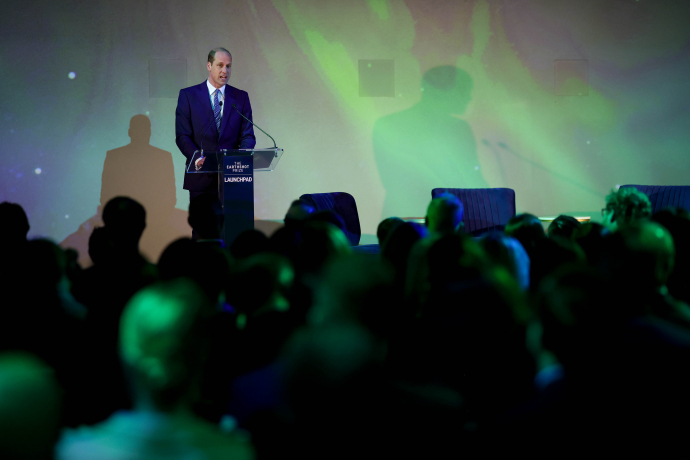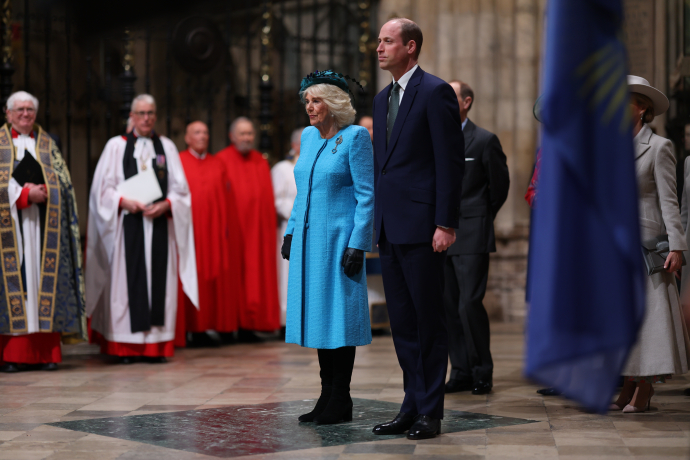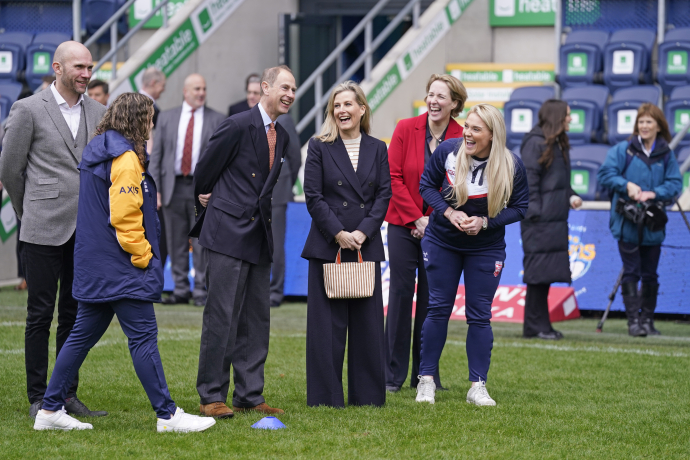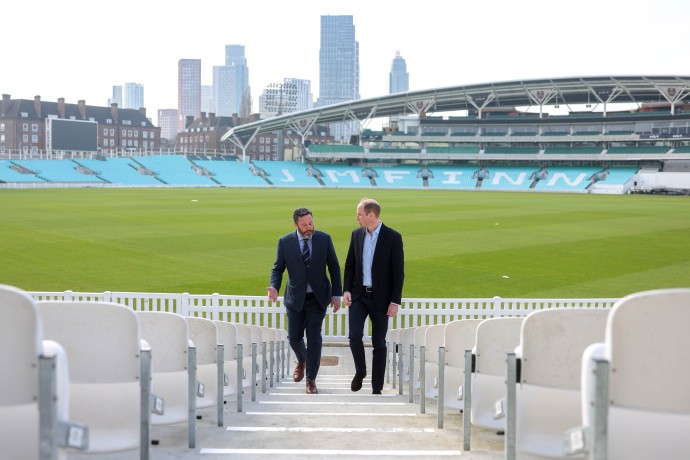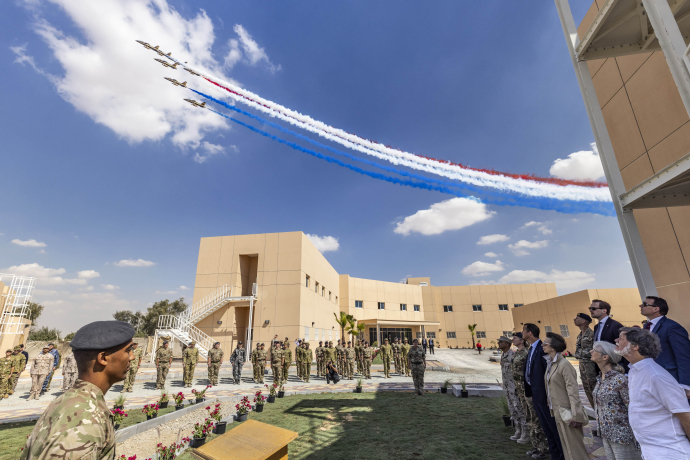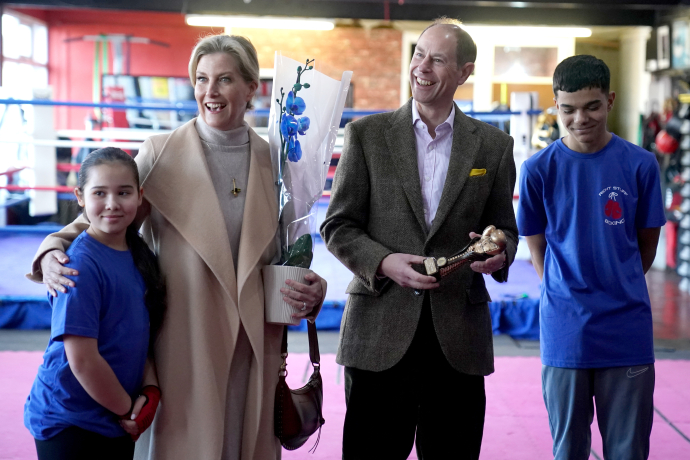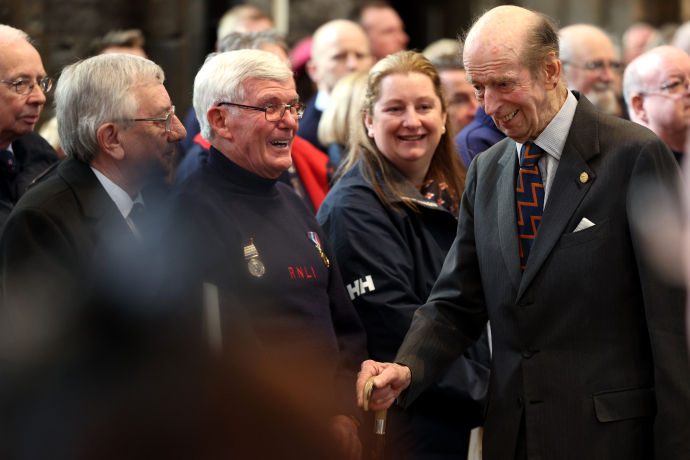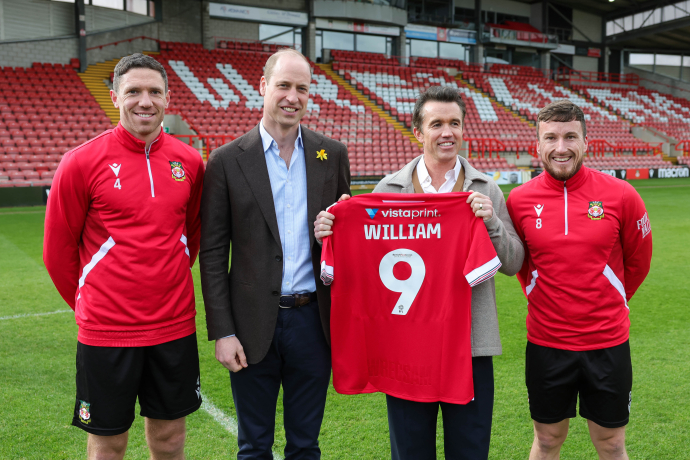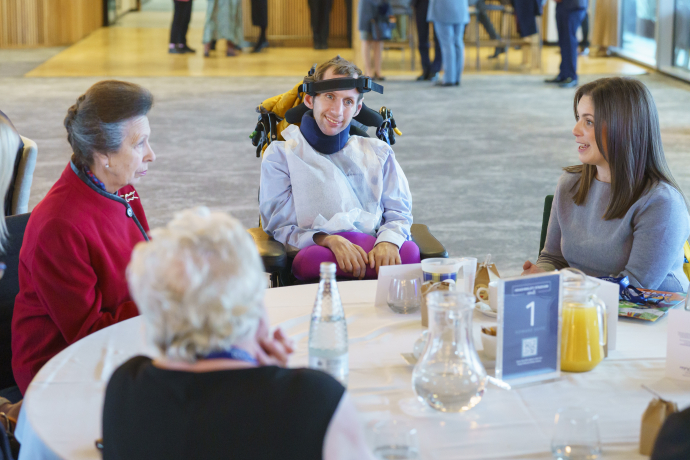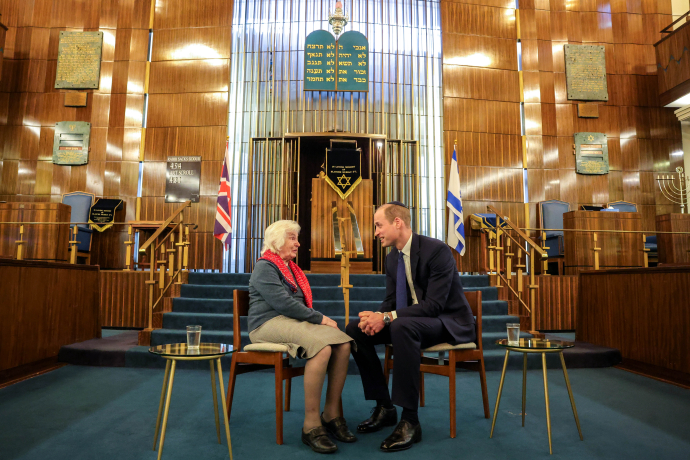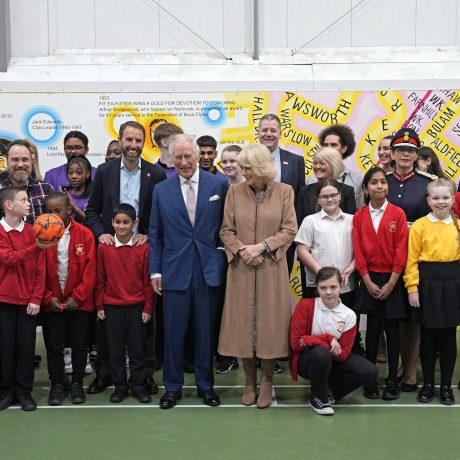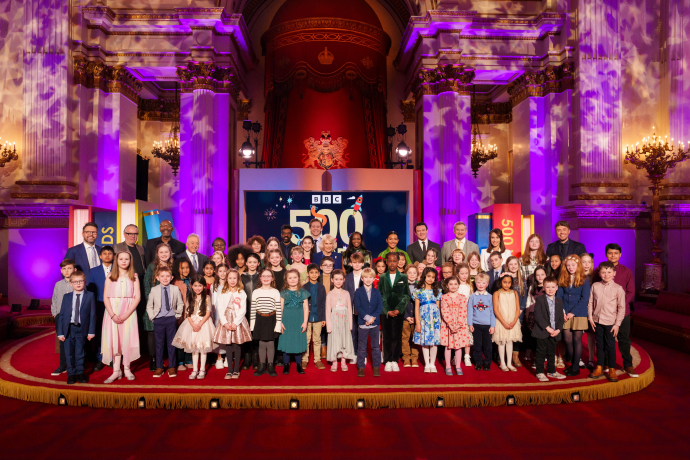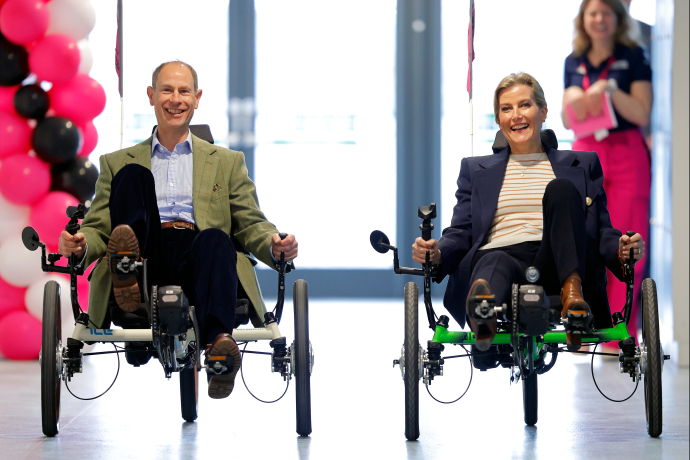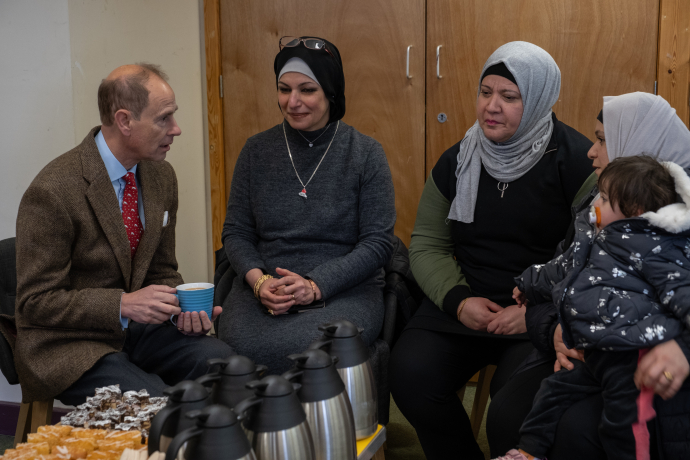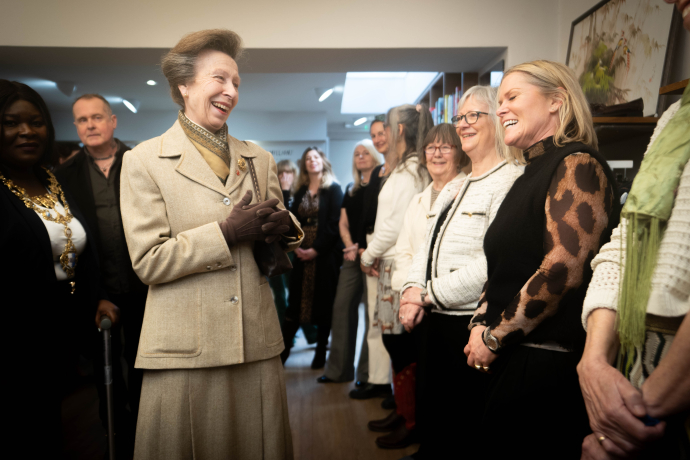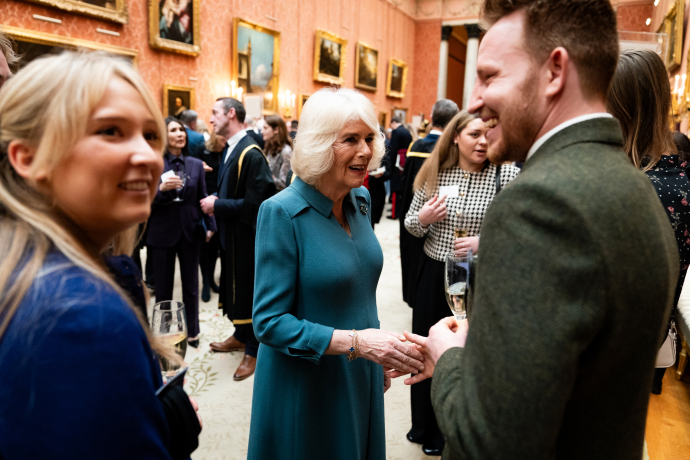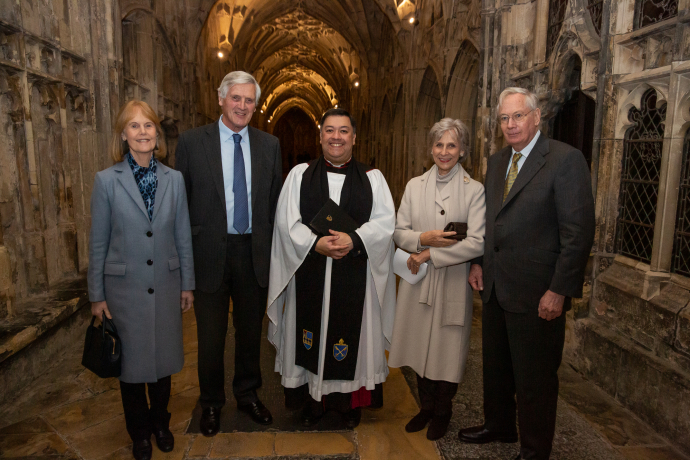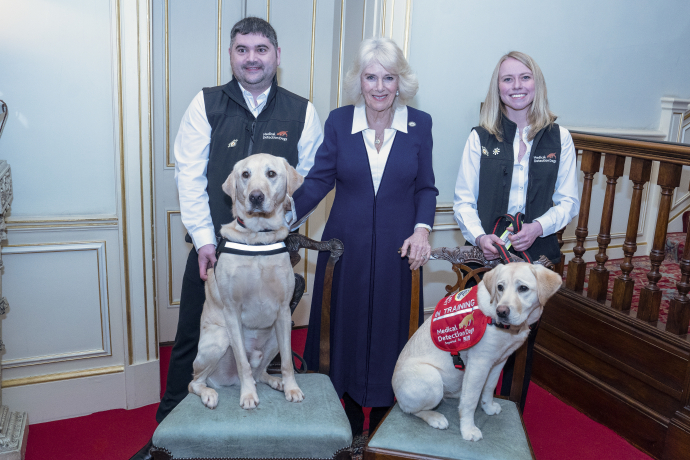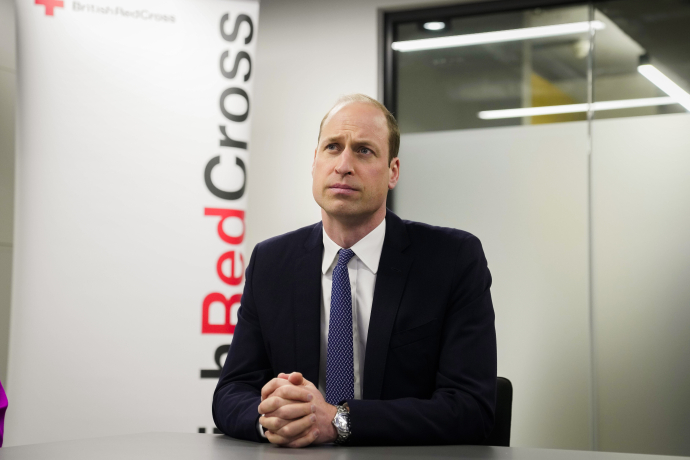Introduction
A flotilla of traditional Thames rowing skiffs, manned by Swan Uppers in scarlet rowing shirts and headed by The King’s Swan Marker, wearing a hat with a white swan’s feather, row their way steadily up the Thames. ‘All up!’ they cry as a family of swans and cygnets is spotted, and the Swan Uppers carefully position their boats around the swans, lift them from the water and check their health. The Swan Marker’s iconic five-day journey upriver has been an annual ceremony for hundreds of years, and today it has two clear goals; conservation and education.
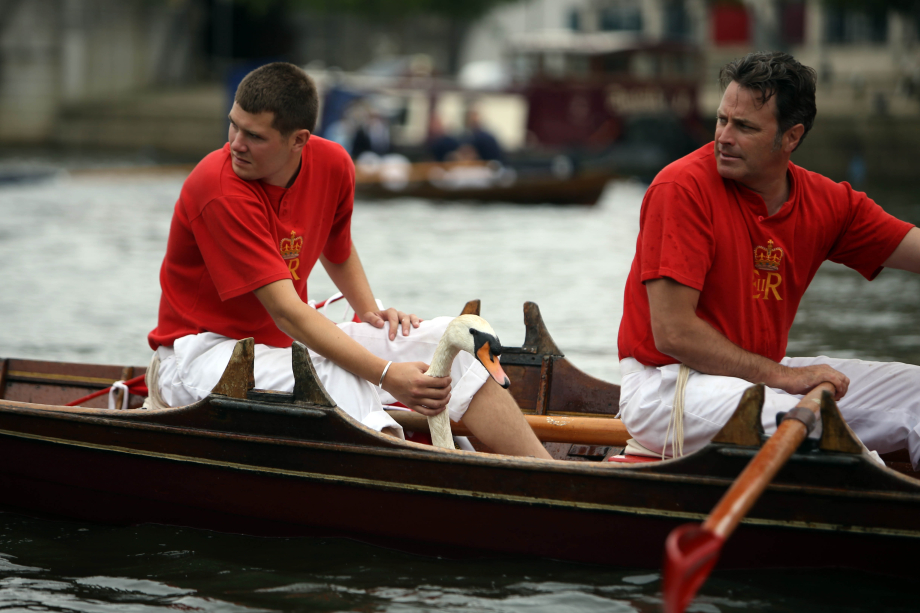
Swan Upping today
Swans are, of course, no longer eaten, but Swan Upping still takes place once a year on the River Thames. The Swan Uppers weigh and measure the cygnets and check them for any signs of injury, commonly caused by fishing hooks and line.
The young cygnets are ringed with individual identification numbers that denote their ownership if they belong to the Vintners or the Dyers livery companies; they cygnets’ ownership is determined by their parentage. However, all Crown birds are left unmarked. The King retains the right to claim ownership of any unmarked mute swan swimming in open waters, but this right is mainly exercised on certain stretches of the River Thames.
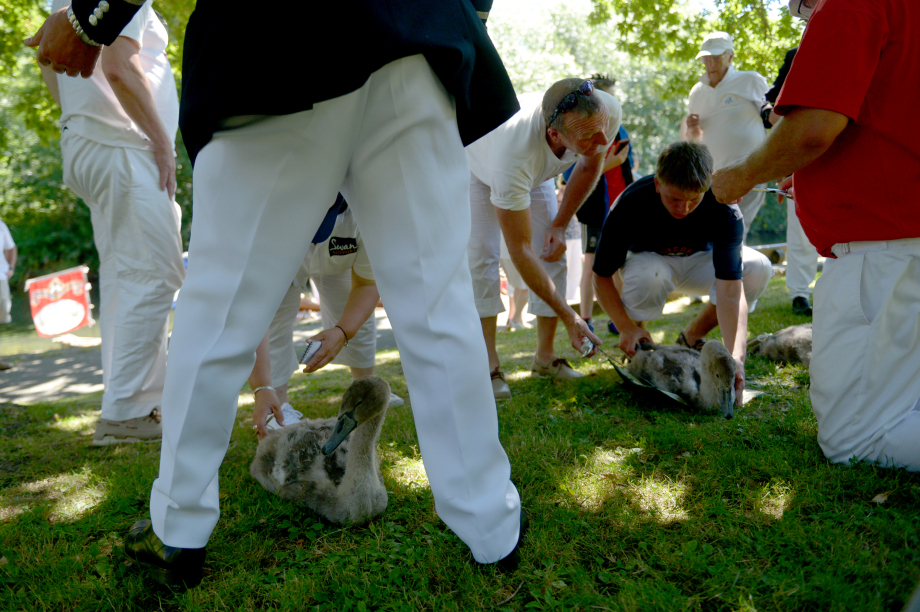
History and the law
The Crown has held the right to claim ownership of all unmarked mute swans swimming in open waters throughout the country from as far back as the twelfth century. Historically, valuable rights of ownership were subsequently granted by the monarch to many people and organisations as swans were a prized food, served at banquets and feasts. Today, of course, swans are no longer eaten and are a protected species.
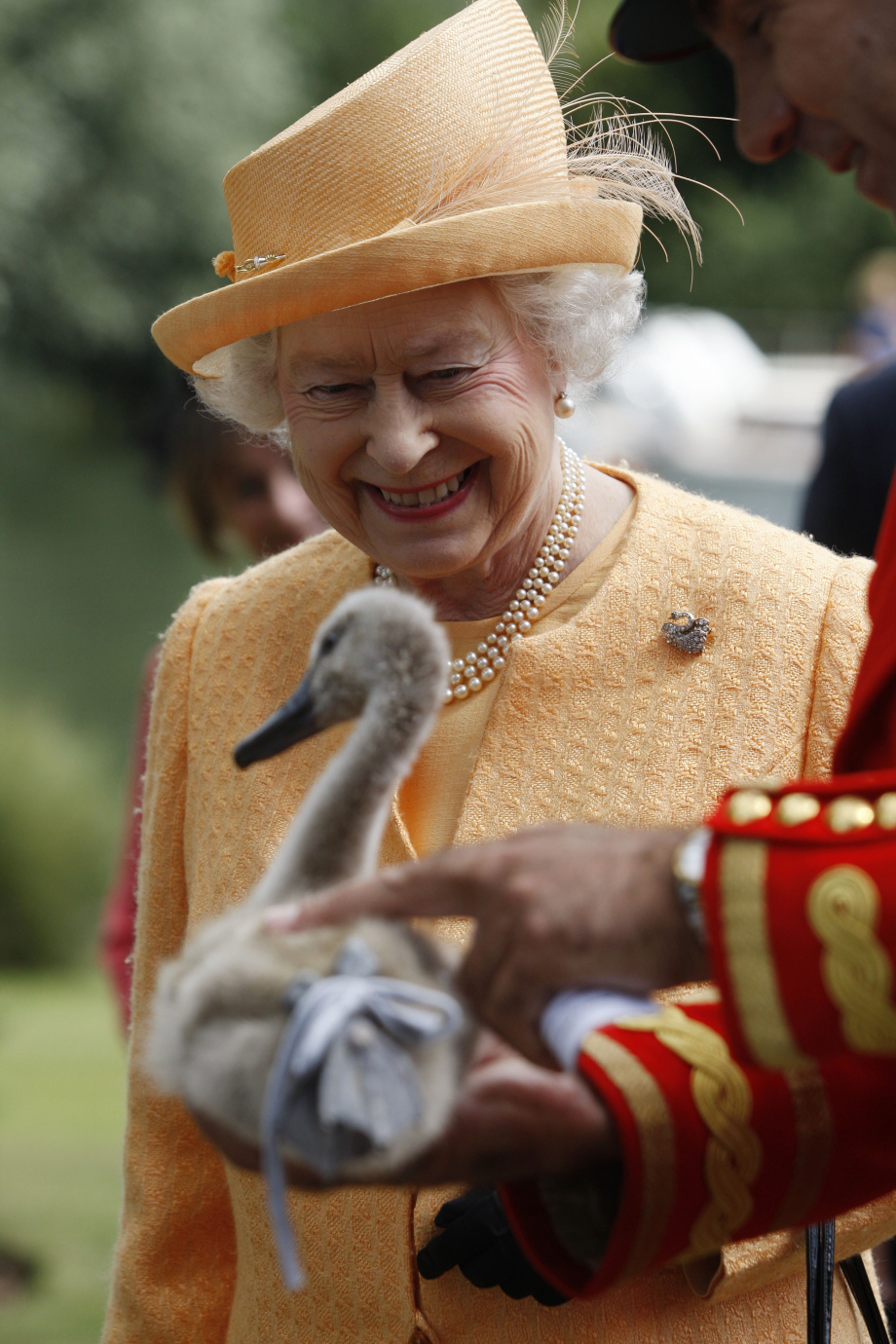
Apart from the Crown, there are only three organisations that have retained their right of ownership of mute swans and maintained their unique swan marks. Originally, marks were made on the top of the swan’s beak, and were recorded within a swan roll made of velum. Current day ownership marks are made by way of a small numbered leg ring but all Crown birds are left unmarked. Abbotsbury Swannery was granted the right of ownership in the fourteenth century and two London livery companies, the Vintners and the Dyers, have held similar rights since the fifteenth century.
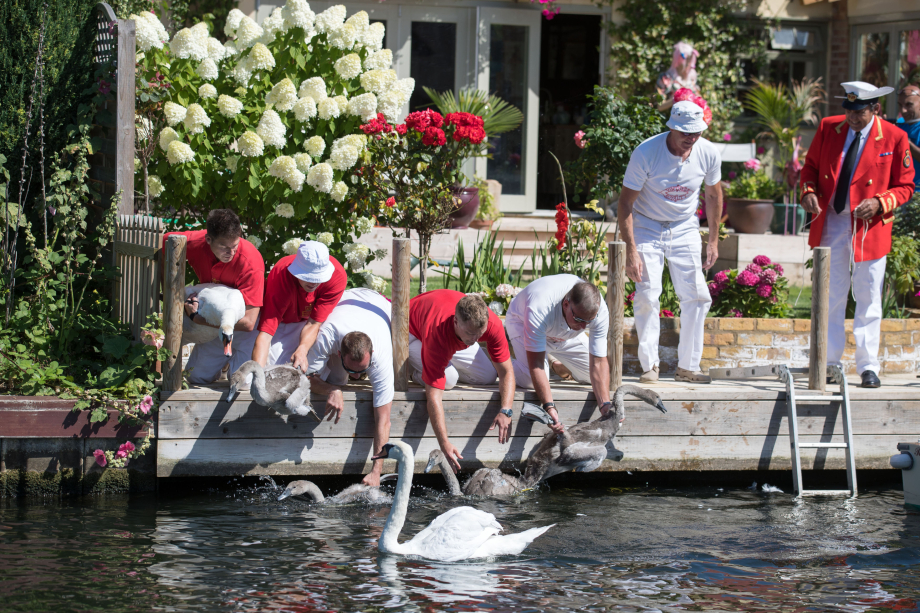
Many hundreds of years ago there were severe penalties for injuring or killing a swan. A criminal could face imprisonment for one year and a day for even stealing swan eggs. Today, the Crown’s right of ownership exists by Royal prerogative.
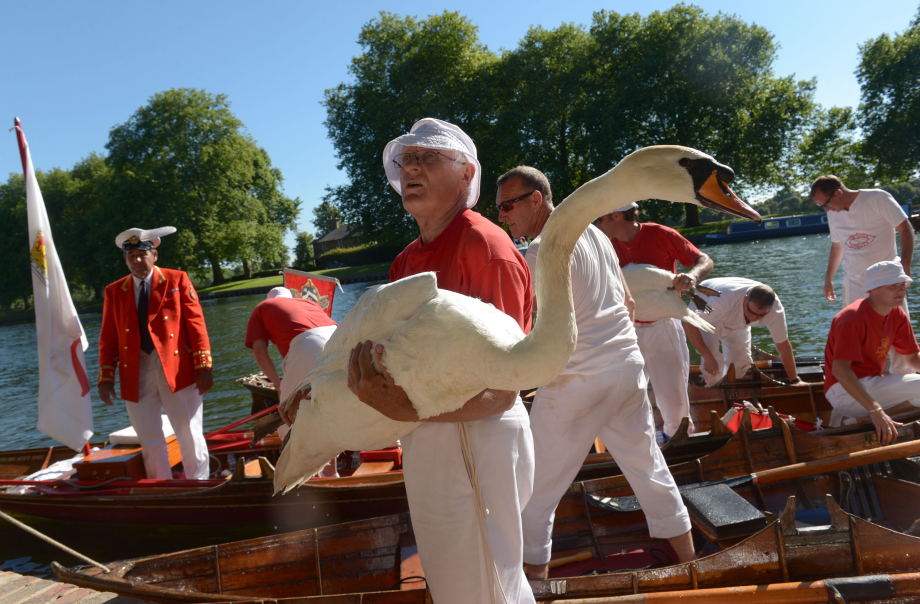
Notes for Taxidermists
The law relating to ownership of mute swans applies to dead as well as live birds and to any parts thereof. Permission may be granted via The King’s Swan Marker for a dead mute swan or mute swan parts to be used for educational purposes; however, under the terms of such a permission, it/they may not be sold for profit but an educational establishment or museum may be permitted to pay a taxidermist for their work. Furthermore, any appropriate documentation should be retained as evidence of the existence and terms of any permission. More information can be obtained from The Office of The King’s Swan Marker, at [email protected].
Conservation
Conservation is very important to the swan population on the River Thames and their protection is vitally important to their continued survival. The increasing use of rivers for boating, fishing and other recreational activities severely inhibits the swans’ natural habitat. Steel and concrete, used to prevent the erosion of river banks, results in the disappearance of river weed and reed beds that historically have provided the natural habitat on which swans feed and nest.
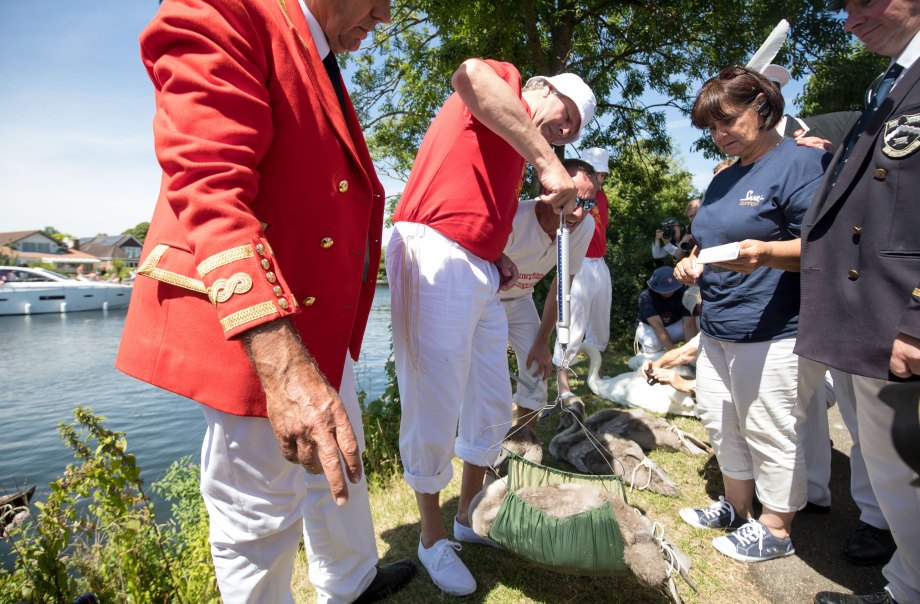
Predation by creatures such as mink, which can destroy a family of young cygnets, has increased significantly in recent years, along with birds of prey, foxes and domestic dogs. Man has also had a devastating impact upon the mute swan population; swans are commonly being shot and killed and their nests and eggs destroyed. Continuing efforts are being made to educate people about the environment in which they live and the sanctity of the wildlife that surrounds them. Whenever possible, injured swans are rescued, rehabilitated and released back to the wild.
Swans are also at risk of injuries caused by discarded fishing tackle that can result in a slow and painful death. Although the majority of fishermen are careful, those who do not respect the river and its wildlife cause immense problems and suffering.
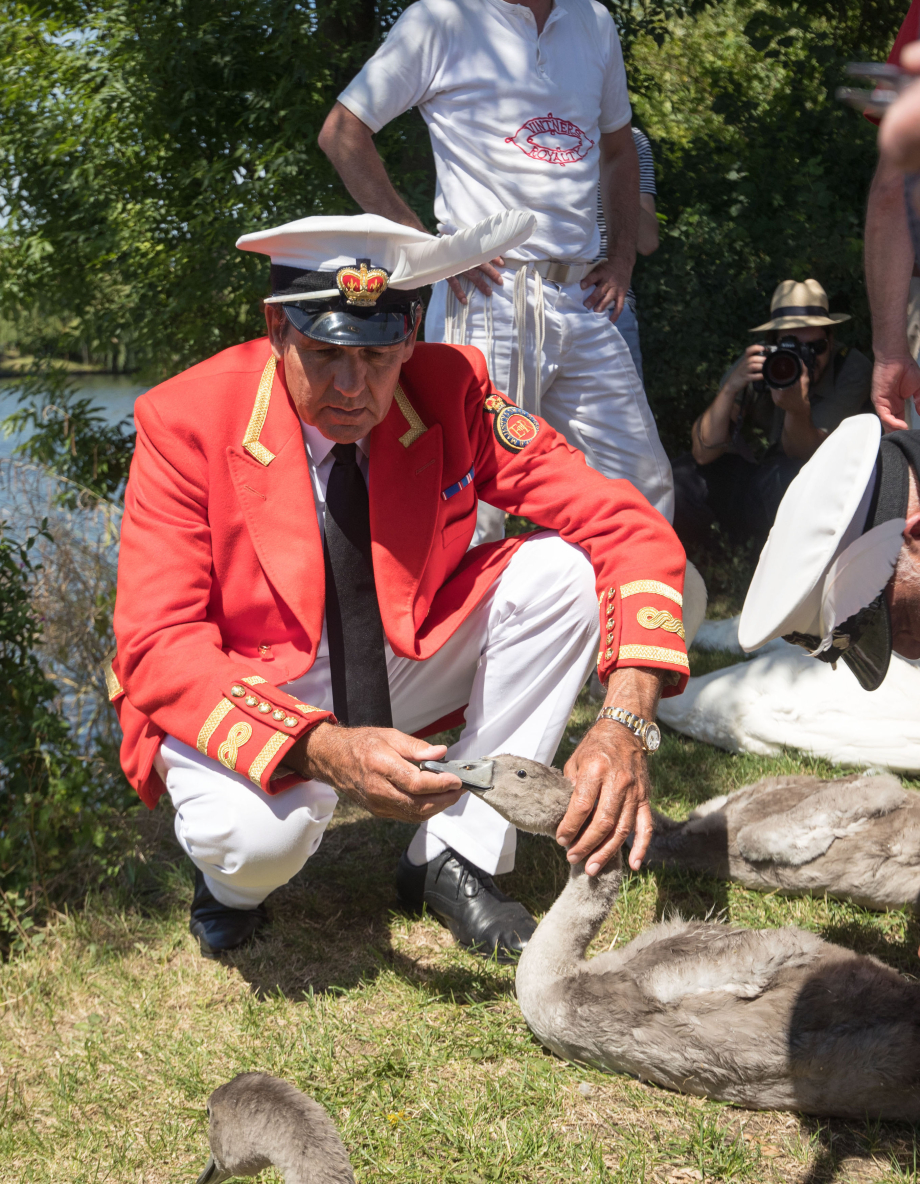
The King’s Swan Marker advises on the co-ordination of the removal of swans from rivers while rowing regattas take place, to avoid injuries being sustained by swans and young cygnets during the racing. He also works closely with swan rescue organisations based on the River Thames and co-ordinates the movement of swans when necessary for their protection or safety.
Education
Education plays a significant part of Swan Upping in July each year. Many children from local primary schools visit the Swan Markers and Swan Uppers at several locations along the banks of the River Thames as they travel on their journey upstream to Abingdon.
The children have the opportunity to learn about the biology of swans, the habitat they need to survive, the river and the boats and equipment used by the Swan Uppers. The Royal connection with swans is always of great interest to the children who take part in a question and answer session hosted by the Swan Markers, during which they demonstrate the knowledge they have gained from studying Swan Upping in school before their visit. The children also have the opportunity to view cygnets at very close quarters which is always a highlight of their day.
The King’s Swan Marker works closely with the River & Rowing Museum educational department based at Henley on Thames. The joint development of a Swan Upping box for the Reading Museum Loan Box Scheme facilitates learning in a wide range of disciplines around the subject of Swan Upping in the classroom.
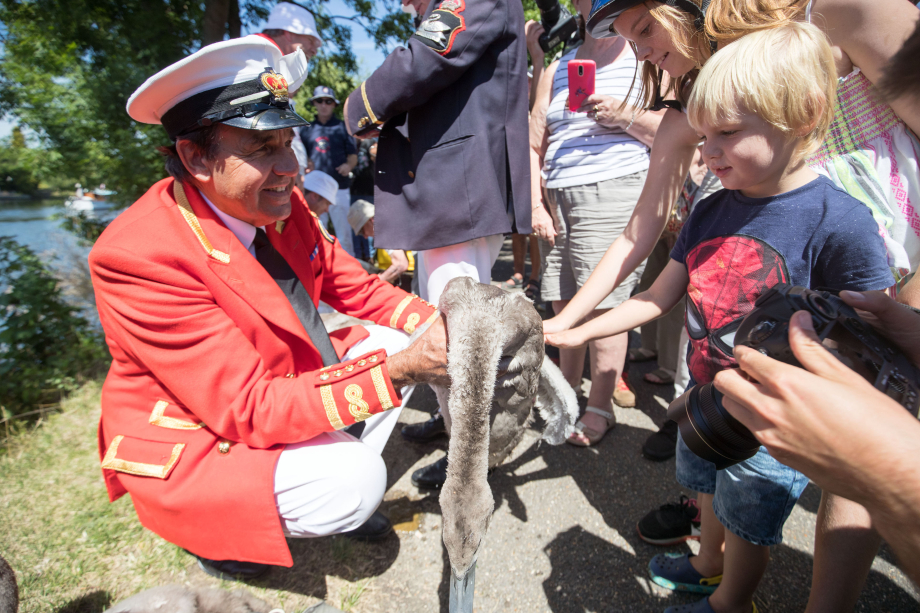
For enquiries regarding educational talks given by The King’s Swan Marker please visit www.royalswan.co.uk or email [email protected].

